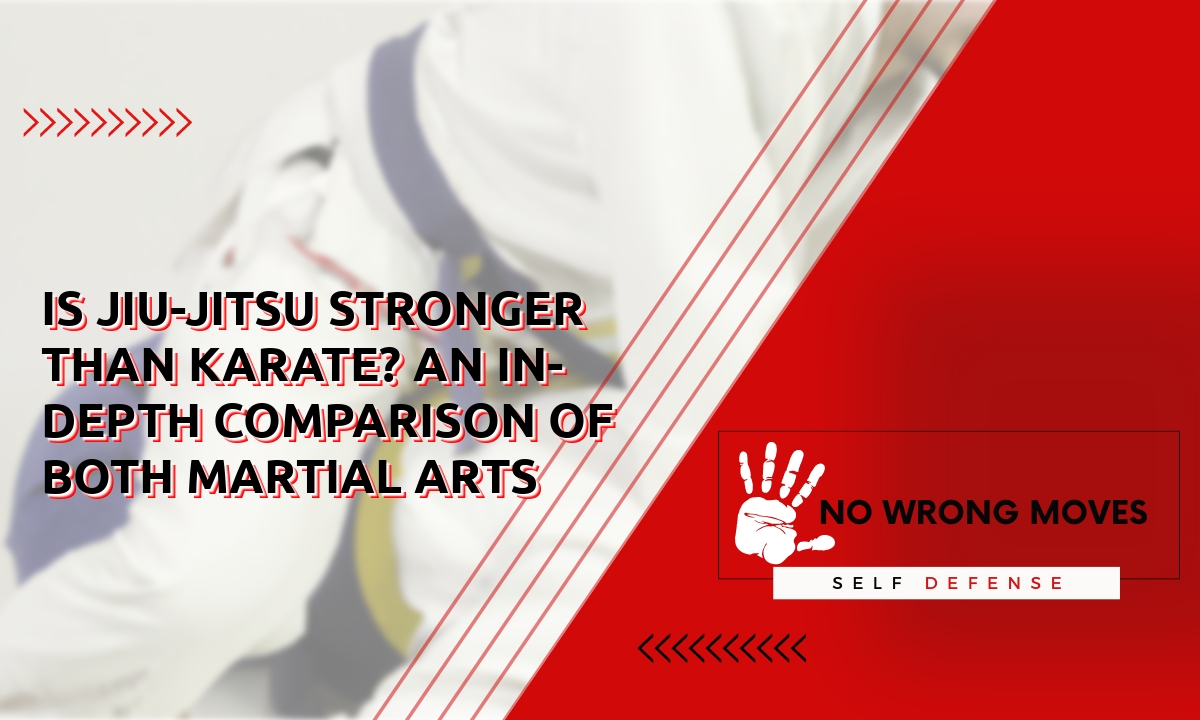
There is an age-old debate between Brazilian jiu-jitsu and karate. Both are excellent martial arts, so it's natural that comparisons between them will inevitably be drawn.
If you're curious which one may be better, then you've come to the right place! Today, we'll be exploring the strengths and weaknesses of these two popular martial arts styles.
Afterwards, we'll answering the burning question: is jiu-jitsu stronger than karate? So sit back, grab a cup of tea, and let's dive right into the world of martial arts!
What is Karate?
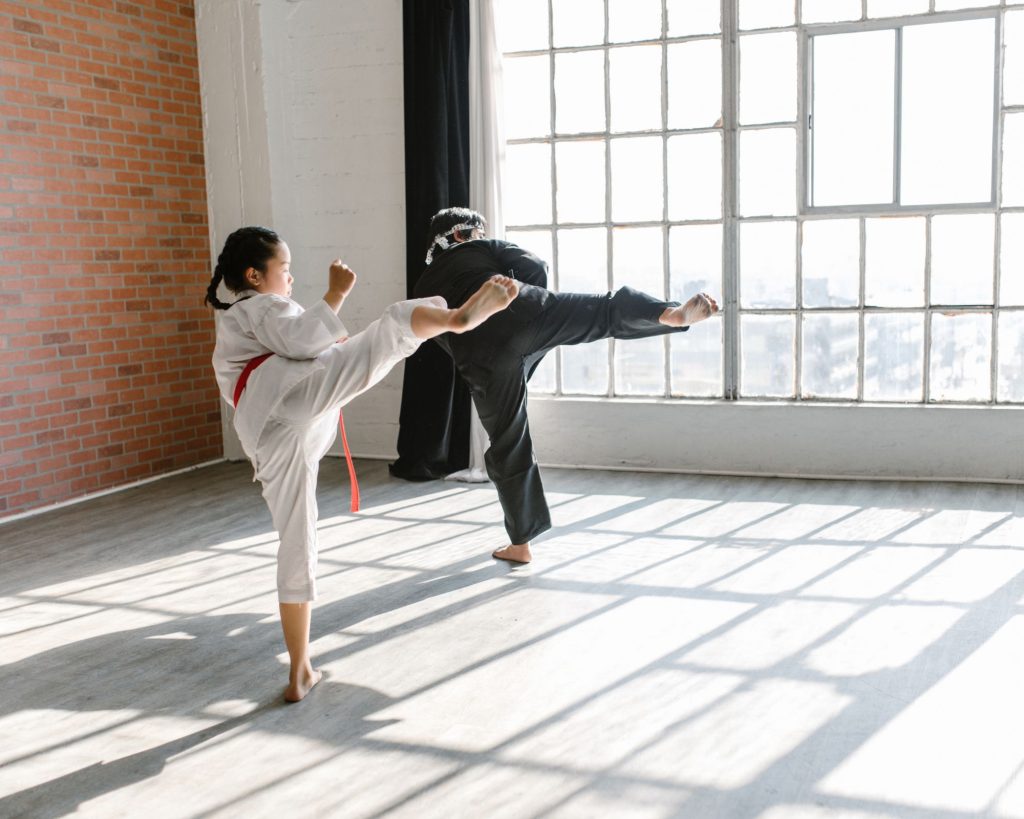
As a practice, karate is very much suitable for all ages. Anyone is capable of practicing it!
And they'd do well to practice it too: it helps to improve overall health, build muscle strength, and encourage flexibility and mental agility.
That last part is particularly noteworthy because the benefits of karate extend beyond just the physical realm. It also teaches its students about self-discipline, respect, concentration, and determination.
As a sport, it can be enjoyed in tournaments or just trained with an instructor. Either way, you'll be improving and building up your confidence!
Traditional vs Modern Karate
There's a bit of a contrast between these two. Although both systems have their advantages, one thing to keep in mind when you're practicing modern karate is don't forget the basics.
After all, they remain the foundation of good technique, which you'll always need to keep in mind to succeed.
Modern karate fighters combine basic techniques with more advanced ones, creating a hybrid system suitable for the kinds of dangerous situations they may one day find themselves in.
An approach like this helps practitioners develop great reflexes, balance, and coordination, along with strong mental focus--all of which are essential components for self-defense.
Advantages Of Karate For Self-Defense

Karate is an excellent martial art style to learn for self-defense. Its advantages are pronounced and highly apparent: physical conditioning, mental fortitude, a practical mindset, among others.
There's more to it than that though. For example, a kata in karate is a prearranged set of techniques that can help students mentally prepare in case they ever need to use their skills in a pressuring situation.
Consistent practice with them can greatly develop muscle memory and encourage fast reflexes.
Regular practice of karate can also lead to significant improvements in strength, endurance, flexibility, speed, agility, and balance--all of which are incredibly useful assets during a street fight.
Ah, but the benefits don't stop there just yet. Hand-eye coordination is also improved, allowing a practitioner to reliably dodge incoming attacks.
Then there's the practical value that karate has as well.
Most schools focus on teaching the basic fundamentals first before progressing into higher levels. That means you're likely to learn simple but effective maneuvers to use against attackers, ones that don't rely too much on athleticism or brute strength.
And don't worry, these exercises tend to be very safe too, at least when practiced correctly--which is what you should be doing in the first place.
Regardless, the benefits are fairly clear, and karate is no doubt an excellent choice for those looking to improve their self-defense skills.
What Is Brazilian Jiu-Jitsu?
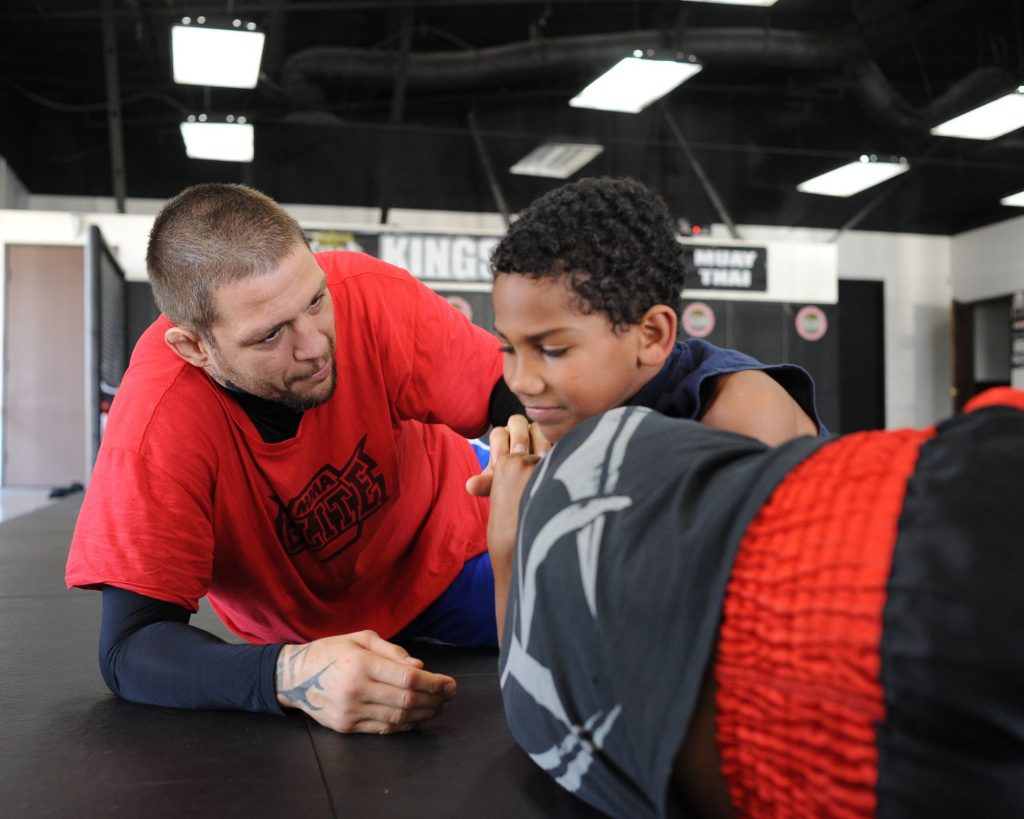
Jiu-jitsu is a martial art that emphasizes grappling and ground fighting. As such, expect to see lots of joint locks and chokeholds.
It was created by Helio Gracie, an innovator in the field of martial arts. If you know a thing or two about judo, then you've probably already noticed the similarities between it and BJJ. That's because Gracie based his system off of the original judo system developed in Japan around the early 1900s.
For the most part, he made several adjustments and enhancements to make it more effective for smaller and weaker individuals who wanted to be able to defeat larger and stronger opponents through superior technique over size alone.
And you can see this in the techniques involved in BJJ. They largely focus on submissions through holds on the ground, and they focus on principles like leverage and weight distribution to prevent an opponent from using their full strength on you.
Consistency and dedication to the core components of Brazilian Jiu Jitsu can lead to successful outcomes in many different scenarios, and a comprehensive approach like this makes BJJ an incredibly powerful choice for self-defense enthusiasts.
As you can probably tell by now, a big thing about what sets BJJ apart from other traditional forms of martial arts is its massive emphasis on technique.
Of course, every martial art relies on technique over strength or power, but BJJ is incredibly technical. Technique truly is king here, and it's difficult go get far anywhere in BJJ without it.
Still, anyone who is skilled with it will be able to defend themselves efficiently and effectively, regardless of the nature of the physical confrontation they're in, and regardless of the size and strength difference between them and their opponent.
Advantages Of BJJ For Self-Defense
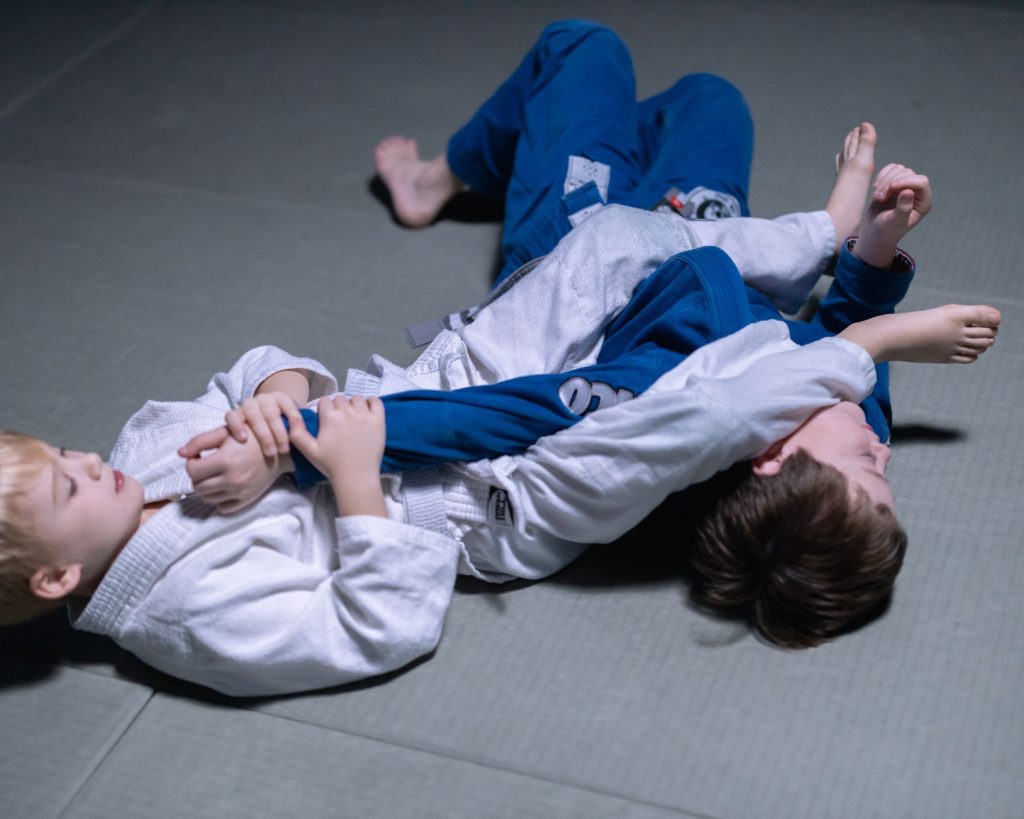
Submissions are particularly crucial in Brazilian jiu-jitsu, since the ways in which you can achieve them, like chokeholds or joint locks, are a big part of how practitioners can swiftly and effectively end a fight.
But the benefits of submissions extend beyond just winning a match. They also empower you to defend yourself against an opponent who may have the upper hand in size, strength, or experience.
This in particular is wonderful because relying solely on striking techniques isn't always the ideal thing to do in a dangerous situation, especially if you can't manage to execute them correctly.
For example, if someone attempts to take you down, using an armbar can counter their force and enable you to maintain control of the situation while staying safe.
Submission grappling, therefore, offers incredible self-defense capabilities. They create openings and close the distance between two opponents, allowing a grappler to gain the upper hand through the application of chokes, joint locks, and more.
Conclusion
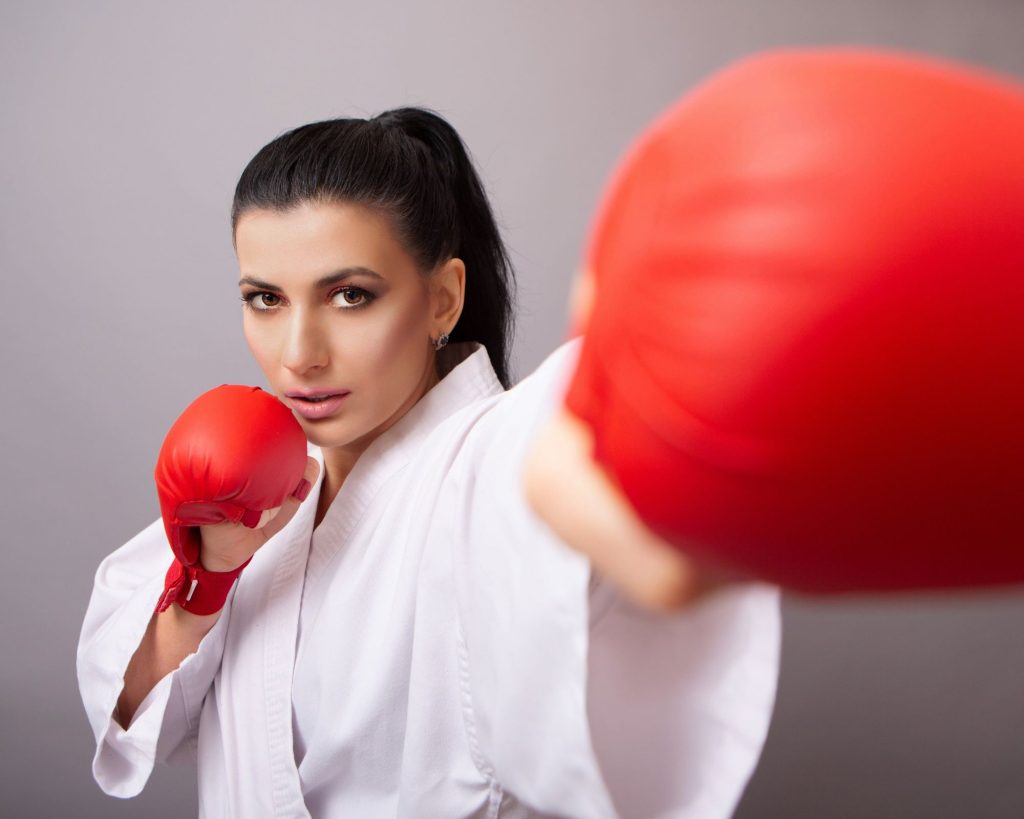
In conclusion, comparing Brazilian jiu-jitsu and karate in terms of strength and effectiveness is like comparing apples and oranges.
Both martial arts have their unique strengths and practical applications. They both offer valuable skills and interesting techniques that you can use in any number of situations. It ultimately depends on the individual practitioner and their personal goals to decide which is better for them!
So instead of asking which martial art is stronger, it's more important to find the style that resonates with you more, then commit to it.
You've looked into BJJ versus karate. Why not take a look at BJJ versus muay Thai next?
[author-box-jpx-fitness]
